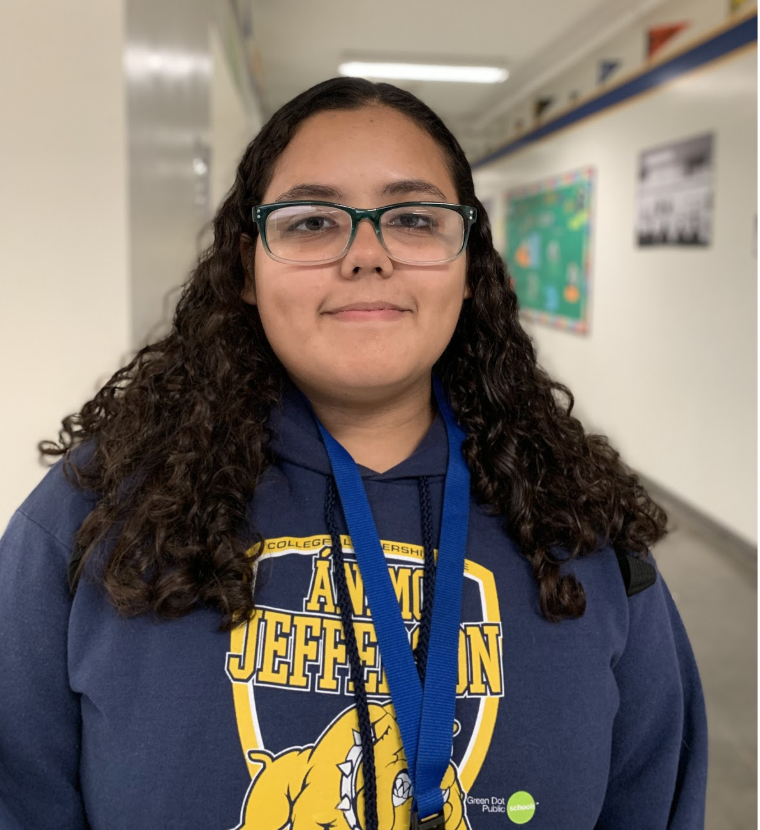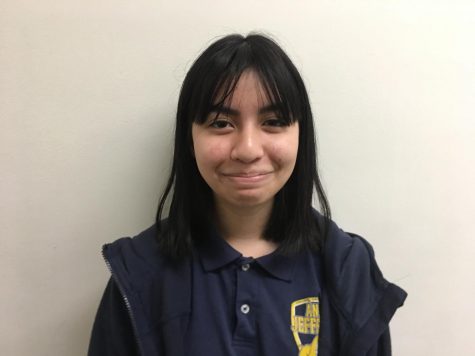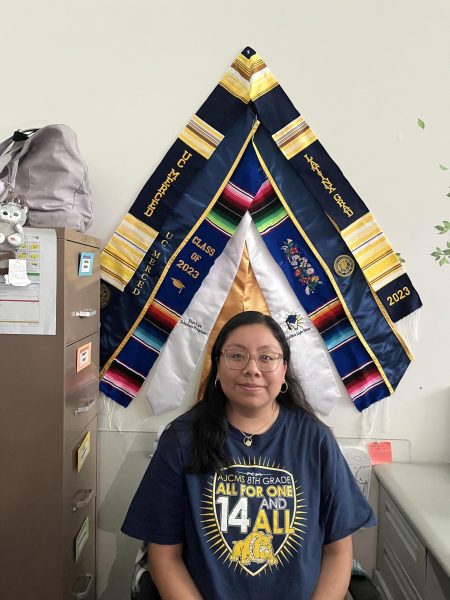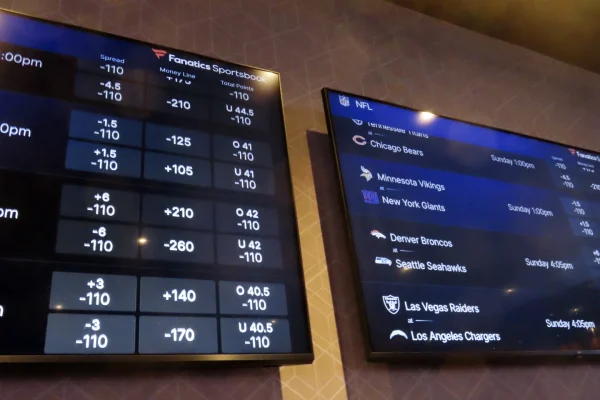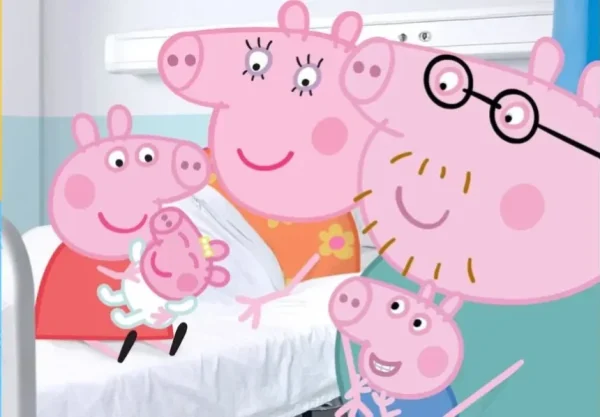Living the vegetarian lifestyle
Eighth grader Natalia Martinez is a vegetarian.
She first decided to convert to a plant-based diet around February of 2019.
“It wasn’t a hard transition because I’ve always loved animals with a passion, so I decided to make the transition with the help of my mom,” Martinez says.
Because factory farming is a business, its goal is to maximize production and, consequently, profit. Since animals are seen as a product, they are bred, fed, confined, and drugged to reproduce, and die with more meat for businesses to sell. Martinez expresses her disgust for such acts.
“It is so inhumane how humans are able to mistreat these poor innocent animals who can’t even defend themselves. People are so quick to defend dogs and cats when they’re being abused, but when it come to other animals like cows and pigs, we just turn the other way. This is murder, it is inhumane and purely disgusting. It’s not necessary for us to kill them. We don’t need their meat, all the protein and nutrients we get from animals we can get from plants and grains.”
Martinez explains why she chose to start a vegetarian diet.
“I decided to start a plant based diet after watching a documentary about how its wrong to slaughter animals and how they, the factories, treat them and they cram as many animals in a cage. The animals are basically living on top of each other waiting for their own death and they’re not able to do anything about it,” she explains.
The amount of advantages vegetarianism has varies based on peoples’ different opinions. Martinez shares an advantage it has for her.
“I think a benefit for this kind of lifestyle is that I at least know I’m not causing it even though its not stopping people from killing innocent animals. I at least know I’m not supporting it.”
Just like Martinez finds her own benefits to her vegetarian diet, she also has obstacles to face.
“My body wants it, meat, but I know I don’t want it. Since my family is Hispanic and Hispanic foods include a lot of meat, my mom cooks meals with meat, but as of now, she’s reducing the amount of meat she cooks for us to eat and I appreciate that.”
When she first made her decision, she wasn’t taken seriously.
“My dad took me as a joke. At first, my mom thought I would only last a week or two, but when I refused to eat meat, my parents saw that I was capable of continuing my meatless diet and they eventually believed in me.”
Patricia Garcia, Martinez’s mother, was skeptical at first.
“At first I thought something was wrong or it was the new trend since meat has always been in our diet. I think it’s interesting since she’s come so far. Her transition was overnight, so I didn’t expect this to be something she would able to stick to for over a month.”
Garcia supports her daughter’s decision.
“I do think Natalia’s decision was a good one for her because it’s helped her feel better as a person knowing she’s no supporting animal deaths. I would encourage people to keep an open mind and try something new like becoming a vegan or vegetarian.”
Garcia tries new tactics to try and support her daughter’s new diet.
“I have been trying to make more vegetarian friendly meals for Natalia to be able to eat a healthy amount throughout the day.”
Martinez has tips for anyone who is interested in changing their eating style:
“To anyone who wants to go into a plant-based diet, I would say to first take it slow; it takes time for some people. You should also research why and how to start a new diet as it could be really helpful. Also, don’t press your new diet and beliefs on others because that’s like someone pressing their religion or lifestyle on you. And lastly to not give up even though it can be hard or seem impossible to maintain your diet because as long as you know the good that you’re doing for the animals, the planet, and even yourself, you’ll feel motivated and hopefully you end up sticking with your new diet.”
